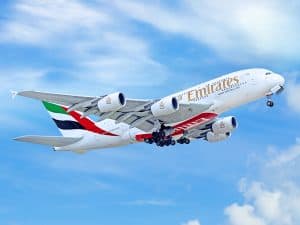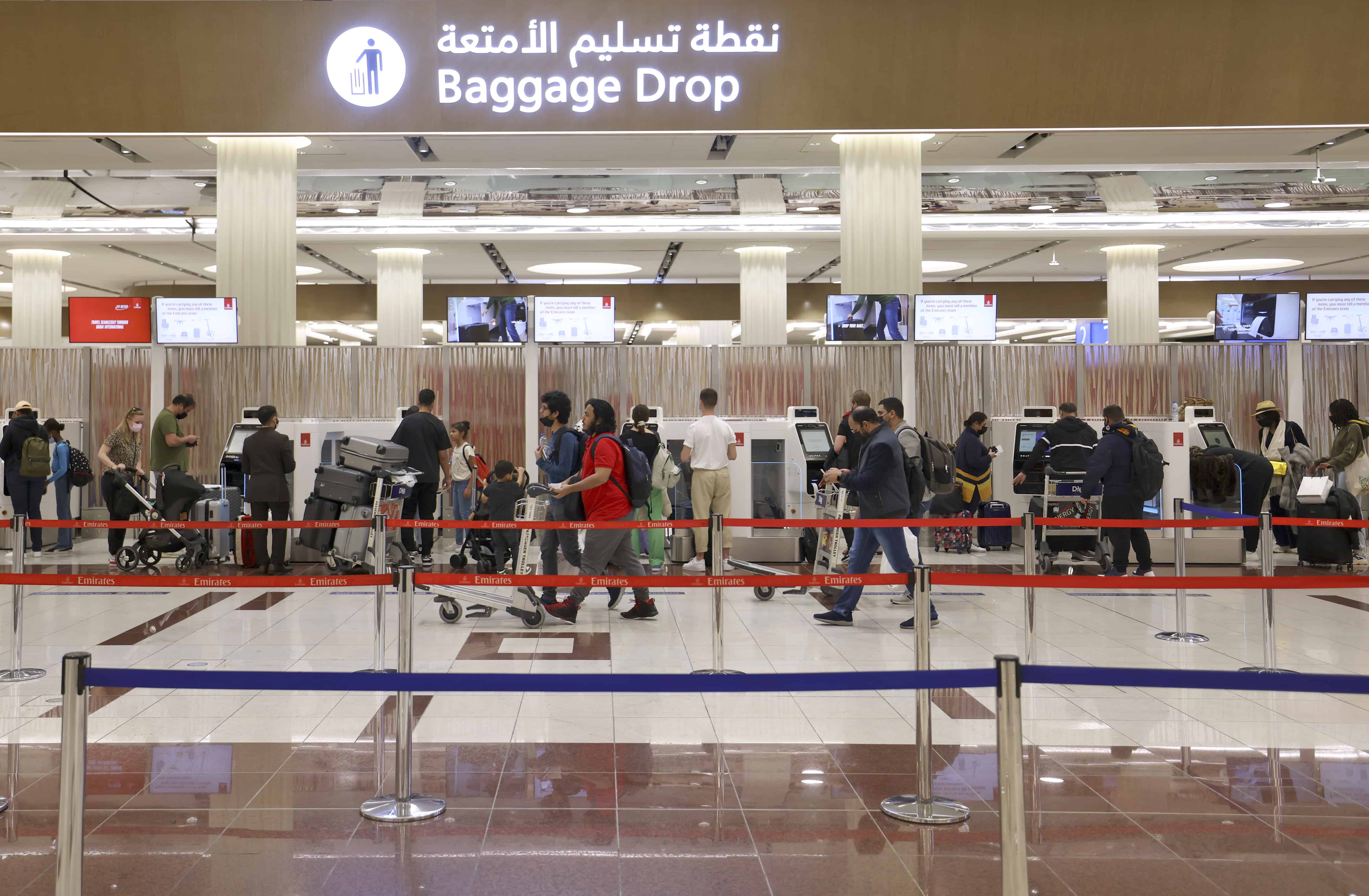A butterfly flaps its wings in one continent, creating a tornado in another. At least that’s what the butterfly effect is supposed to be.
Except, in this case, the butterfly turned out to be the Russian action in Ukraine, and the tornado is the rise in air tariffs, irrespective of passenger and cargo. And the GCC region is no exception.
The amplifying factors include sanctions against Russia’s aviation sector, which cast a global pall over the aviation industry in general, and manufacturers, leasing and insurance companies, and service providers to Russian carriers such as Aeroflot, S7 Airlines, and AirBridgeCargo in particular.
Fuel prices, which account for the lion’s share of airlines’ operating costs, in addition to the delays for some flights to avoid flying across Russian airspace, have resulted in increased crew costs, decreased cargo-carrying capacity, and increased maintenance and ticket costs.
According to the International Air Transport Association (IATA) index, jet fuel prices reached $141 per barrel on March 4, a 27 percent increase month on month as pricing pressures remained high.
As per IATA’s March 2022 report, all airlines with unhedged fuel demand would be directly impacted by this increase, and increased fuel costs might already have been passed on to consumers through pricier air tickets, reducing demand for air travel.
Thus, it is no surprise that several Arab airlines have raised the prices of their tickets slightly.
Experts in the travel industry predict that a continuous rise in jet fuel prices would force airlines to reconsider their pricing policy.
Many airlines buy fuel on future contracts, so immediate price increases will not affect them.
However, if the fuel price index continues to rise, airlines would have no choice but to raise the fuel tax on tickets.
According to the BBC, airline ticket prices have already skyrocketed, costing around €1,600 ($1,770) from Ukraine to some Arab countries. This number is expected to rise as military operations continue.
Emirates tickets are costlier
The recovery of the aviation industry post the Covid-19 pandemic could be derailed due to surging fuel prices and tensions between Russia and Ukraine in Europe, according to the president of Gulf carrier Emirates.
“A war in Europe and aggression over there will have very disruptive effects on the industry,” Tim Clark told Bloomberg TV.
According to him, the repercussions of a possible all-out war in Europe would include the closure of airspace, which would batter the aviation industry further.
Clark emphasized the point that the oil price hovering around $100 a barrel was negatively impacting the industry further, as it was forcing airlines to increase ticket prices.
Clark also pointed out the significance of summer for Emirates, as well as for the entire aviation industry.
“Summer will be the pivotal point. If by June and July we do not have those markets restored, it will be a different story,” he said.

An Emirates spokesperson apparently added: “We have adjusted prices slightly across our network, and we closely monitor developments in fuel prices, and we are working as hard as we can to reduce the impact of rising jet fuel costs on our customers.”
He continued, “We will constantly review ticket prices, adjusting as necessary in line with market dynamics, competitive environment, seasonal effects, and recovery.”
However, Air Arabia CEO Adel Ali denied that the spike in oil prices would influence ticket pricing, while emphasizing that his carrier was continually concentrating on cost management and hedging oil prices.
He apparently stated that the main impact on ticket prices was supply, demand, competition, and open markets, resulting from the pandemic, and that oil prices were ineffectual unless they approach $100 per barrel or higher.
Kuwaiti carrier reacts
Kuwait’s Jazeera Airways increased fares to all destinations from March 7 due to higher oil prices, it said in a statement.
The airline said fares for Gulf Arab destinations have increased by $16.47 per flight, while those for other destinations involving more than 3 hours’ flight time have increased by $32 per flight.
“We hope that oil prices will stabilize and fall again with additional supply in the market, at which point we intend to reverse these changes immediately,” the company said.
Lebanon’s airlines hike fares
According to Jan Abboud, head of the Syndicate of Travel and Tourism Office Owners, airlines in Lebanon increased ticket prices due to the increase in oil barrel price from $90 to $135.
Abboud did not specify the rate of increase, but said it started on March 15.
With the pace of military operations continuing, new figures for the cost of the war are expected to rise in the coming days.
The war is expected to add to the impact on the global tourism sector, which is already affected by the pandemic.








